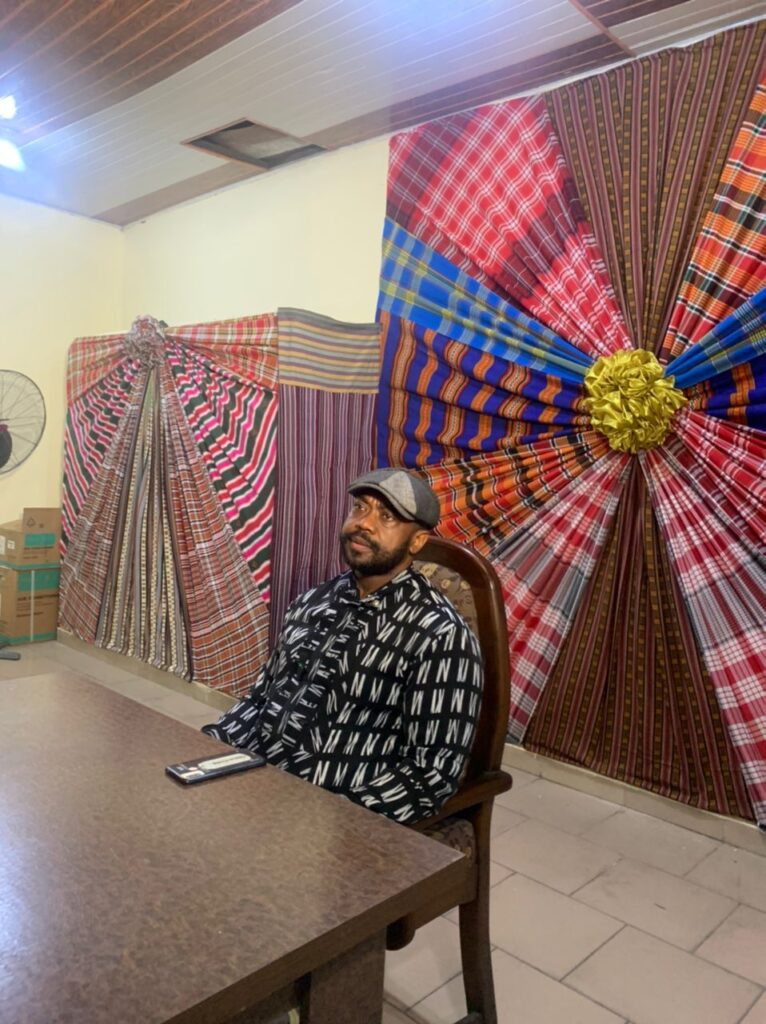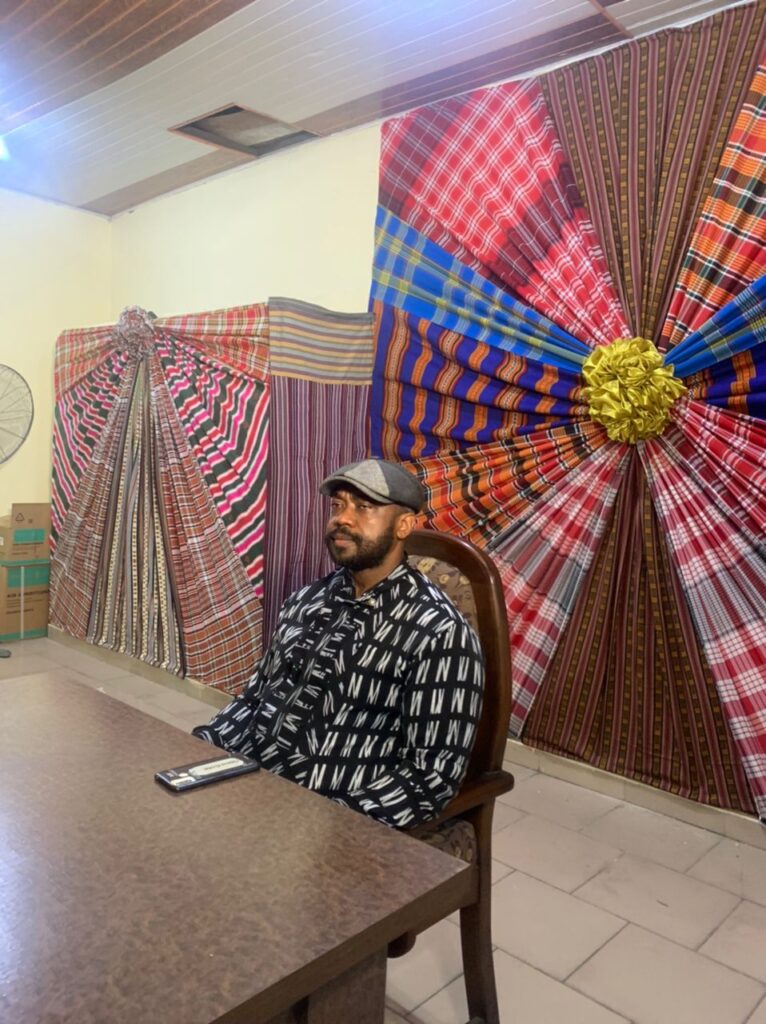Finima in Bonny Local Government Area: The Economic Hub of Grand Bonny and Nigeria
Finima is nestled along the picturesque coastlines of Rivers State in Nigeria. It is an enchanting locality. It is not just a geographical entity but a vibrant tableau of cultural heritage and economic activities. Finima serves as the economic engine of Grand Bonny, contributing significantly to the local and national economies. Finima has a rich tapestry of history, tradition, and leadership. Its narrative is intertwined with the legacy of the Buoye Omuso Brown Major House. The revered Amadabo of Finima is also part of this narrative. This article will explore the economic and cultural significance of Finima. It will spotlight its leadership strides and initiatives. These efforts position Finima as a cornerstone of growth in the region.
The Cultural Heritage of Finima
Finima’s culture is deeply rooted in its historical narratives, community, and leadership. The Buoye Omuso Brown Major House is the paramount ruling house of Finima. It plays an integral role in the preservation of the area’s cultural heritage. It also promotes this rich culture. Through festivals, traditional rites, and communal celebrations, the heritage of Finima is preserved. It is also celebrated as a testament to the resilience and identity of its people.
Key Elements of Finima’s Cultural Heritage:
- Traditional Festivals: Events that showcase the artistry, dance, and oral traditions of Finima’s communities.
- Cultural Rites: Ceremonies marking important life transitions, often steeped in traditional beliefs and practices.
- Art and Craft: Local artisans exhibiting unique craftsmanship that tells the story of Finima’s rich cultural history.
“Cultural heritage is a treasure chest that holds the stories of our past and the blueprints for our future.” – Unknown
Economic Growth in Finima
The economic landscape of Finima is characterised by a blend of traditional and modern enterprises. Finima serves as the industrial heart of Grand Bonny. It is a hub for economic activities. This is thanks in part to the presence of various oil and gas companies, shipping industries, and vibrant local businesses.
Major Economic Activities in Finima:
| Sector | Description |
|---|---|
| Oil and Gas | Home to several oil companies contributing to national revenue. |
| Fisheries | Rich coastal waters offer ample seafood for local and export markets. |
| Agriculture | Cultivation of crops that sustain local populations and economies. |
| Tourism | Promoting local attractions, heritage sites, and eco-tourism opportunities. |
Key Economic Drivers:
- Natural Resources: The strategic location of Finima gives it access to valuable resources, significantly enhancing its economic opportunities.
- Local Government Support: Expected Initiatives by the Bonny Local Government Area are to boost local industries and entrepreneurship. These initiatives should create a conducive environment for business growth. Yet, this has not been happening. Instead, Buoye Omuso Brown House takes decisive action. They manage their affairs in Finima and its natural territories.
- Leadership Initiatives: The role of Finima Leadership in promoting policies that encourage investments and infrastructural development is crucial.
Finima Leadership
At the forefront of Finima’s sustainable growth is its leadership. The role of the Amadabo of Finima cannot be understated. This traditional ruler’s guidance and influence foster unity, tradition, and progress. The leadership structure is rooted in collaborative governance that incorporates both traditional and modern practices.
Leadership Attributes of Finima:
- Visionary Leadership: Leaders set a strategic vision for development while incorporating cultural values into governance.
- Community Engagement: Strong emphasis on involving community members in decision-making processes ensures that all voices are heard.
- Sustainable Development Goals: Leaders in Finima are increasingly aligning local policies with broader sustainable development initiatives. They are aiming for an integrated approach to growth.
Initiatives by Finima Leadership:
- Education and Capacity Building: Empowering the youth through educational programs and skills training to prepare them for future economic challenges.
- Infrastructure Development: Investment in necessary infrastructure, such as roads and transportation systems, to enhance connectivity and boost local commerce.
- Cultural Preservation: Campaigns to document cultural practices, art forms, and history, ensuring the transmission of heritage to future generations.
Challenges and Prospects
While Finima is on the path of progress, it faces several challenges that require concerted efforts from its leaders and the community:
- Environmental Concerns: The industrial activities have raised concerns about environmental sustainability, which necessitates rigorous monitoring and regulation.
- Infrastructure Deficits: Although strides have been made, there is a need for continued investment in infrastructure to support economic activities.
- Cultural Erosion: Global influences can sometimes overshadow local traditions. Hence, community leaders must engage actively in cultural preservation.
Despite these challenges, the prospects for Finima stay bright. With robust leadership, Finima can continue to develop into an economic titan. It will not only lead Grand Bonny but also contribute significantly to Nigeria’s economic landscape.
Conclusion
In conclusion, Finima stands as a beacon of cultural heritage and economic vitality in Nigeria. The role of the Buoye Omuso Brown Major House highlights the importance of leadership in promoting cultural preservation. The guidance of the Amadabo of Finima emphasises economic growth.
Finima continues to thrive. The synergy between its traditional roots and contemporary advancements can serve as a model for other regions. Finima champions local entrepreneurship. It invests in infrastructure and preserves cultural legacies. Finima is poised to lead in economic endeavours. It also sets a precedent for harmonious living that respects its rich past while embracing a prosperous future.
Finima will stay a vital hub in Grand Bonny and Nigeria at large for generations to come. This is achieved by fostering a strong community spirit. It also involves supporting sustainable practices.




























You must be logged in to post a comment.